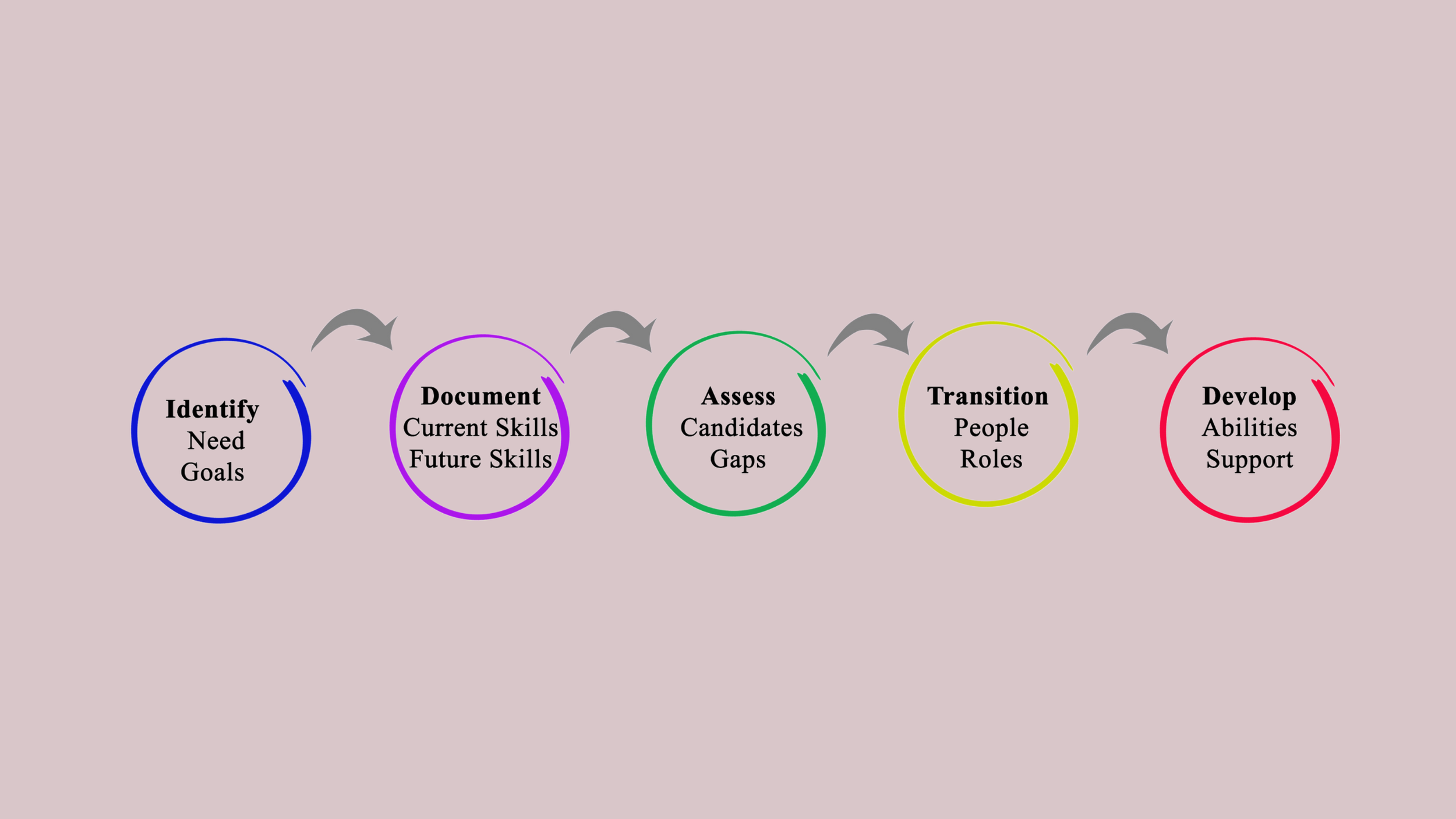Benefits of Succession Planning
Well-managed businesses proactively plan for succession by identifying potential high-fliers, equipping them with the skills needed for leadership, and communicating the pathway clearly to individuals and the wider company.
Companies should consider succession planning for a multitude of reasons, encompassing benefits related to stability, talent development, financial advantages, and overall preparedness.
Stability and Continuity
Smooth Transitions: Prevents disruptions and ensures minimal impact on operations when key personnel leave, due to retirement, illness, or other reasons.
Reduced Risk: Mitigates "key-person risk" by not relying solely on one individual, leading to a more stable and predictable future.
Stronger Management Team: Identifies and cultivates future leaders, showcasing a robust and capable management structure to potential buyers and investors.
Talent Development and Retention
Employee Motivation: Demonstrates the company's commitment to employee growth and career advancement, fostering engagement and retention.
Internal Talent Pipeline: Creates a readily available pool of qualified individuals prepared to step into leadership roles, minimizing external recruitment costs.
Improved Leadership Skills: Training and development opportunities for potential successors elevate the overall leadership capabilities of the organization.
Financial Advantages
Increased Valuation: Shows lenders and investors a stable and well-managed company, potentially leading to higher valuations and better loan terms.
Enhanced Borrowing Power: Demonstrates responsible planning and mitigates lender concerns about future leadership, facilitating access to more favorable borrowing opportunities.
Improved Financial Management: Often involves addressing financial weaknesses and enhancing operational efficiency, leading to better financial performance.
Overall Preparedness
Reduced Uncertainty: Provides a clear roadmap for the future, minimizing anxieties and uncertainties for employees, investors, and other stakeholders.
Crisis Management: Prepares the company for unexpected departures and minimizes potential disruptions caused by sudden exits.
Competitive Advantage: Demonstrates strategic foresight and proactive planning, enhancing the company's image and credibility in the market.
Succession planning is an investment in a company's long-term success. It ensures stability, attracts and retains talent, opens doors to financial opportunities, and fosters overall preparedness for the future. By neglecting succession planning, businesses risk vulnerability and may face significant challenges when navigating inevitable leadership transitions.


